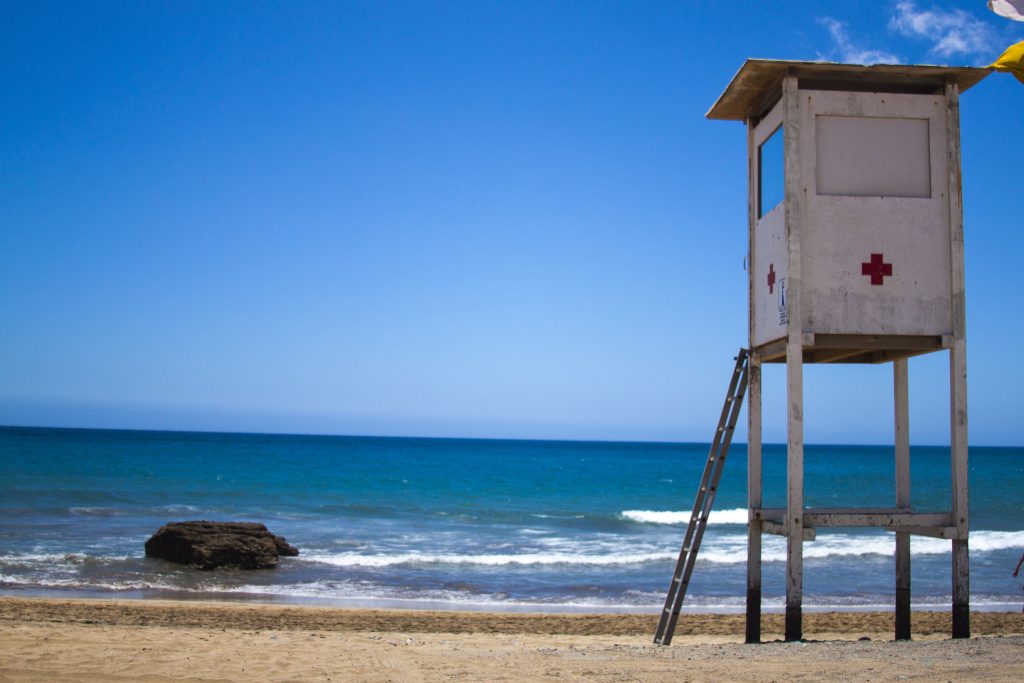 When subcontractors get injured at work, it can be confusing to determine who is liable for damages. This case shows a company’s failed attempt at using the “two contract defense” to dismiss claims in a slip and fall case. It also helps answer the question; What is a two-contract defense in Louisiana Lawsuits?
When subcontractors get injured at work, it can be confusing to determine who is liable for damages. This case shows a company’s failed attempt at using the “two contract defense” to dismiss claims in a slip and fall case. It also helps answer the question; What is a two-contract defense in Louisiana Lawsuits?
In 2013, Quiana Lorden worked for Southern Care Hospice (“SCH”). At the time of the underlying incident, she was assisting a hospice patient living at Merryville Rehabilitation (“Merryville”), a skilled nursing facility (SNF). While helping the patient out of the shower, she noticed a large amount of water had pooled on the floor and called a housekeeper to clean it. However, the housekeeper spread the water to other areas of the floor while attempting to clean, causing Lorden to slip and injure her knee.
Lorden filed a lawsuit against Merryville, among other related parties, to recover damages. Merryville filed for summary judgment, arguing that they were exempt from tort claims because they were Lorden’s “statutory employer” under La.R.S. 23:1061. The court granted their motion and dismissed the claim. Lorden appealed, arguing that material issues of fact remained as to whether Merryville was her statutory employer.
 Louisiana Personal Injury Lawyer Blog
Louisiana Personal Injury Lawyer Blog


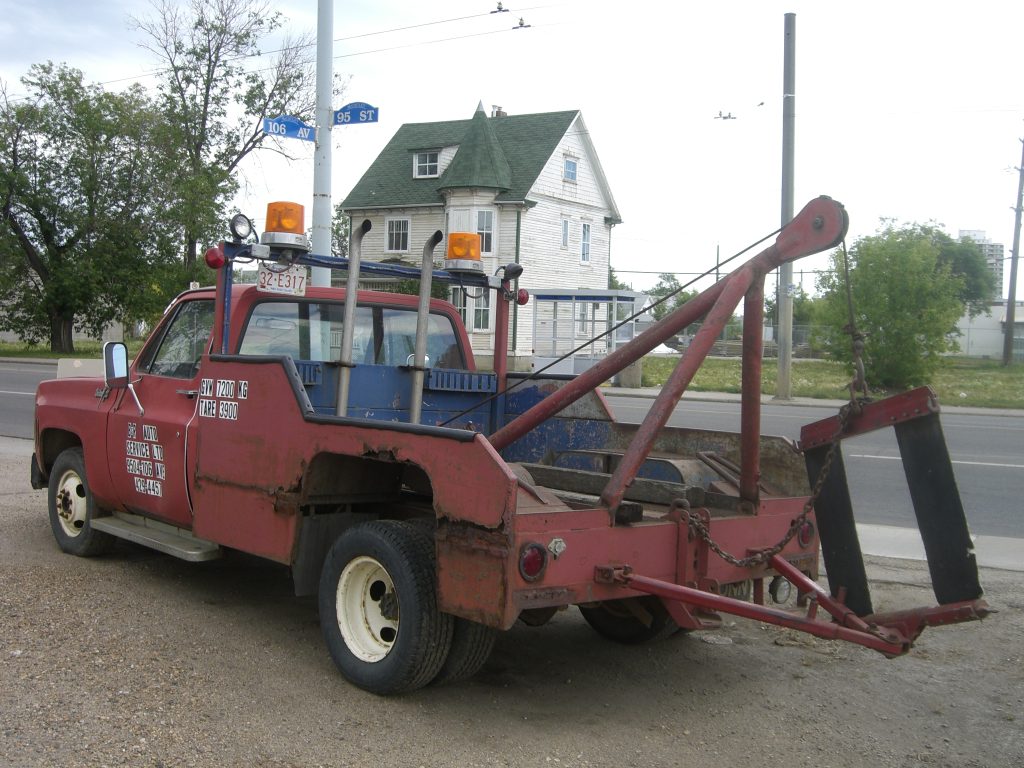 Personal injury cases can lead to placing the blame on a party so the injured person can receive compensation for her injuries. But what happens after a traffic miscommunication if both sides blame the other for the wreck? Further, what if their insurance companies are unwilling to take all the blame and pay for the accident? The only way to solve this dilemma is through a trial which can help apportion the fault of each side after weighing the evidence. The following case out of Marksville, Louisiana, shows how fault should be apportioned in a personal injury car accident.
Personal injury cases can lead to placing the blame on a party so the injured person can receive compensation for her injuries. But what happens after a traffic miscommunication if both sides blame the other for the wreck? Further, what if their insurance companies are unwilling to take all the blame and pay for the accident? The only way to solve this dilemma is through a trial which can help apportion the fault of each side after weighing the evidence. The following case out of Marksville, Louisiana, shows how fault should be apportioned in a personal injury car accident. 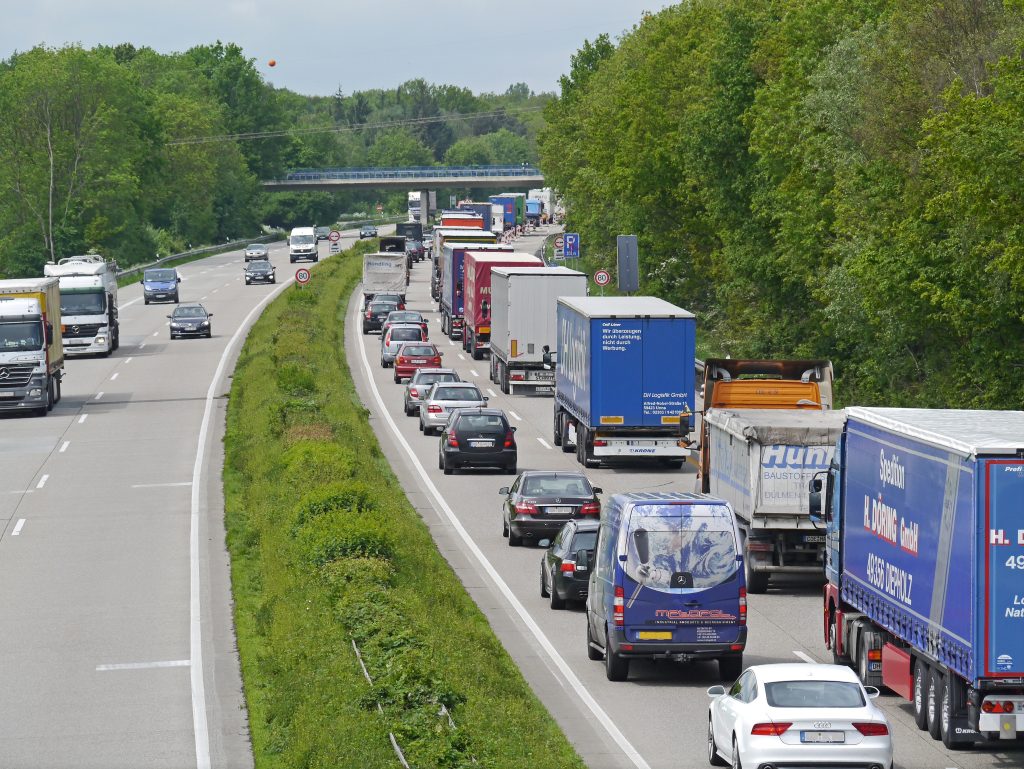 As the weather gets nicer across the country, millions will travel to destinations near or far. Unfortunately, with this increase in traffic, accidents will occur due to the negligence of drivers. But what happens when the roadway’s integrity and safety come into question? Can the state be held liable for a highway’s defects? – The following lawsuit out of Morgan City, Louisiana, helps answer that question.
As the weather gets nicer across the country, millions will travel to destinations near or far. Unfortunately, with this increase in traffic, accidents will occur due to the negligence of drivers. But what happens when the roadway’s integrity and safety come into question? Can the state be held liable for a highway’s defects? – The following lawsuit out of Morgan City, Louisiana, helps answer that question.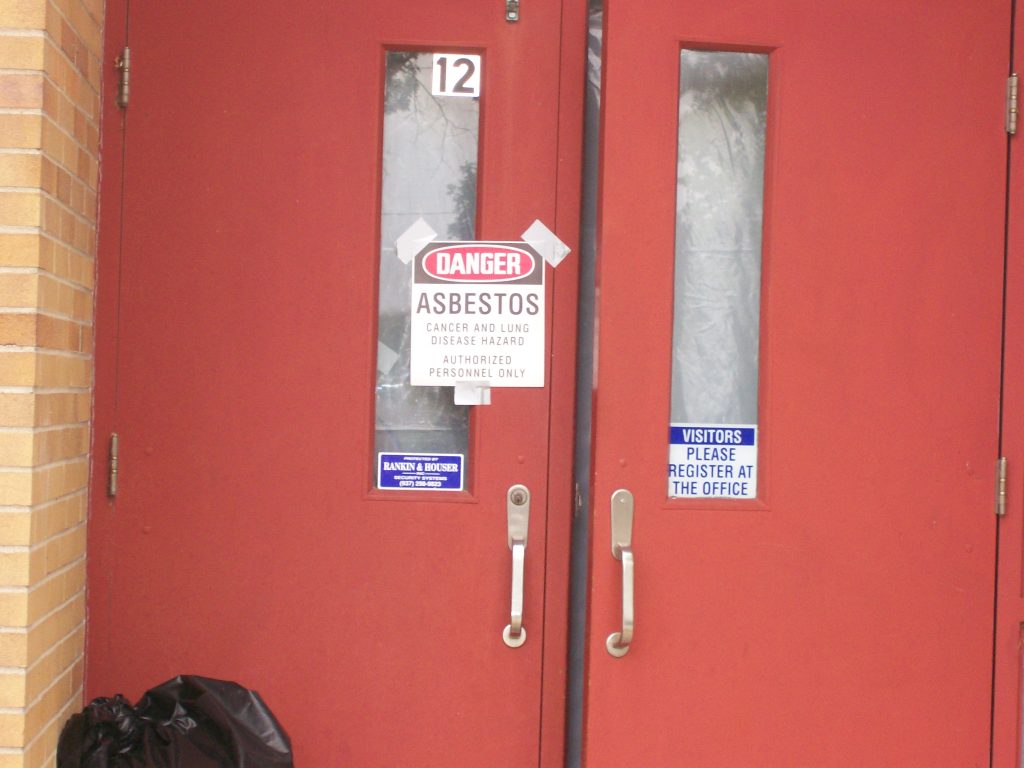 Although most people have heard of both state and federal courts, many do not know when a party in a lawsuit can move a case to a different court. This happened to Howard Zeringue, who first filed a lawsuit in Louisiana state court, but soon found himself in the United States District Court for the Eastern District of Louisiana after the company he sued removed the case to federal court. This case helps answer the question; My lawsuit was removed to Federal Court. What does that Mean?
Although most people have heard of both state and federal courts, many do not know when a party in a lawsuit can move a case to a different court. This happened to Howard Zeringue, who first filed a lawsuit in Louisiana state court, but soon found himself in the United States District Court for the Eastern District of Louisiana after the company he sued removed the case to federal court. This case helps answer the question; My lawsuit was removed to Federal Court. What does that Mean?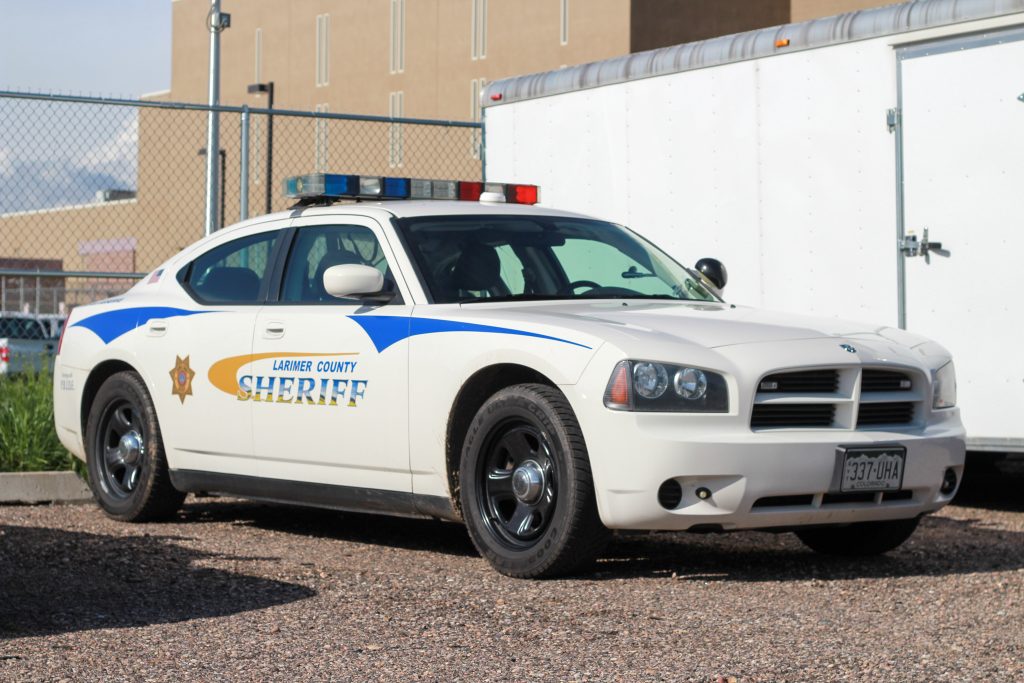 This scenario is not hard to imagine: you are driving along the road, and you get into an accident; however, the other vehicle is not just a regular car owned by a private citizen, but it is a dump truck owned by the local government. When suing a local governmental entity such as a sanitation department or police station, the injured party may face obstacles in naming precise owners of public vehicles or following procedural rules. A recent case out of St. Charles Parish demonstrates what kinds of procedural obstacles a plaintiff may face. It also helps answer the question; what happens if I name the wrong defendant in a lawsuit? Is my case over?
This scenario is not hard to imagine: you are driving along the road, and you get into an accident; however, the other vehicle is not just a regular car owned by a private citizen, but it is a dump truck owned by the local government. When suing a local governmental entity such as a sanitation department or police station, the injured party may face obstacles in naming precise owners of public vehicles or following procedural rules. A recent case out of St. Charles Parish demonstrates what kinds of procedural obstacles a plaintiff may face. It also helps answer the question; what happens if I name the wrong defendant in a lawsuit? Is my case over? Some doors, such as bathroom doors, are heavy and have quick automatic closing mechanisms attached. If a door of that nature hits you in the back on your way and knocks you down, who is liable? The following case out of New Orleans shows how courts deal with door-closing mechanisms and trip-and-fall lawsuits.
Some doors, such as bathroom doors, are heavy and have quick automatic closing mechanisms attached. If a door of that nature hits you in the back on your way and knocks you down, who is liable? The following case out of New Orleans shows how courts deal with door-closing mechanisms and trip-and-fall lawsuits.  Activities on the water carry inherent risks. If you are injured while on the water, laws of admiralty and maritime jurisdiction generally rule. There are also allowances to invoke admiralty jurisdiction for injuries on land. To do so, one must satisfy conditions of both location and connection with maritime activity. But what happens if you are injured on a boat on land? Can you file a lawsuit with maritime claims? The following lawsuit out of Manchac, Louisiana, helps answer this question in the context of a prescription argument.
Activities on the water carry inherent risks. If you are injured while on the water, laws of admiralty and maritime jurisdiction generally rule. There are also allowances to invoke admiralty jurisdiction for injuries on land. To do so, one must satisfy conditions of both location and connection with maritime activity. But what happens if you are injured on a boat on land? Can you file a lawsuit with maritime claims? The following lawsuit out of Manchac, Louisiana, helps answer this question in the context of a prescription argument.  Generally, when you ask an insurance agent for a specific policy, you expect them to honor your request. But what happens when your insurance agent doesn’t procure the coverage you requested for? The following case is an example of a property owner who believed he maintained insurance when he did not.
Generally, when you ask an insurance agent for a specific policy, you expect them to honor your request. But what happens when your insurance agent doesn’t procure the coverage you requested for? The following case is an example of a property owner who believed he maintained insurance when he did not.  Insurance policies are often lengthy and very complicated. Therefore, understanding who may be liable when an injury occurs is critical, as failure to do so may lead to complex and expensive court proceedings. The following Iberville Parish case demonstrates the problems that arise when multiple insurance companies and policies are involved in one lawsuit and when evidence is not properly admitted.
Insurance policies are often lengthy and very complicated. Therefore, understanding who may be liable when an injury occurs is critical, as failure to do so may lead to complex and expensive court proceedings. The following Iberville Parish case demonstrates the problems that arise when multiple insurance companies and policies are involved in one lawsuit and when evidence is not properly admitted.  Police officers can often put themselves in dangerous positions when responding to calls related to domestic violence because tensions and emotions are usually running high. In close-knit communities, it is also not uncommon for victims and perpetrators of domestic violence to have prior relationships with the police. Such was the case for Maringouin’s Chief of Police, John Simien (“Chief Simien”), who was both a friend and family member to Mr. and Mrs. Wright, when he got a call to come to the Wright’s house during a dispute.
Police officers can often put themselves in dangerous positions when responding to calls related to domestic violence because tensions and emotions are usually running high. In close-knit communities, it is also not uncommon for victims and perpetrators of domestic violence to have prior relationships with the police. Such was the case for Maringouin’s Chief of Police, John Simien (“Chief Simien”), who was both a friend and family member to Mr. and Mrs. Wright, when he got a call to come to the Wright’s house during a dispute.